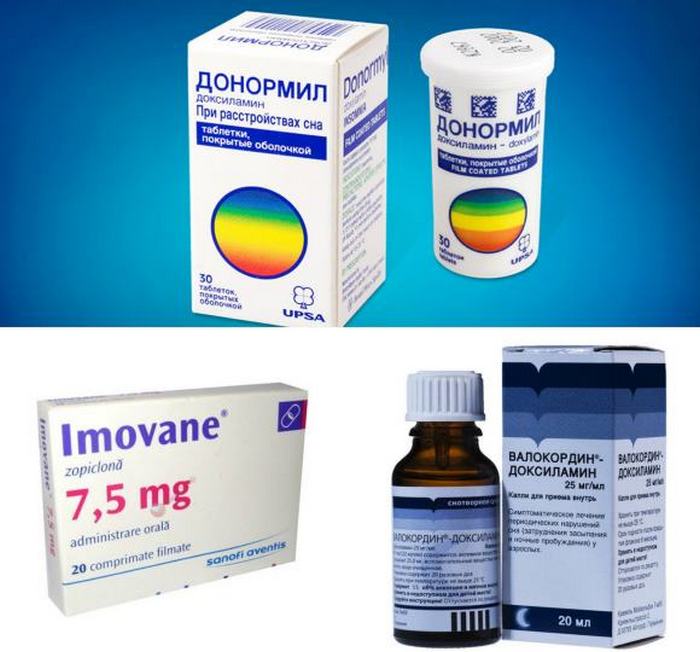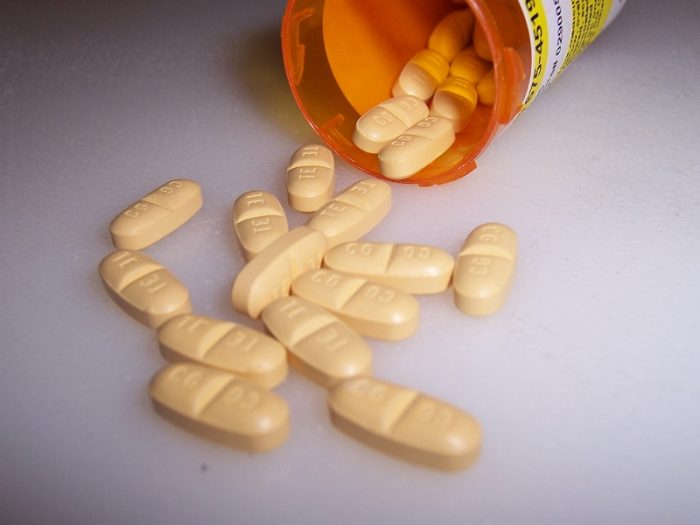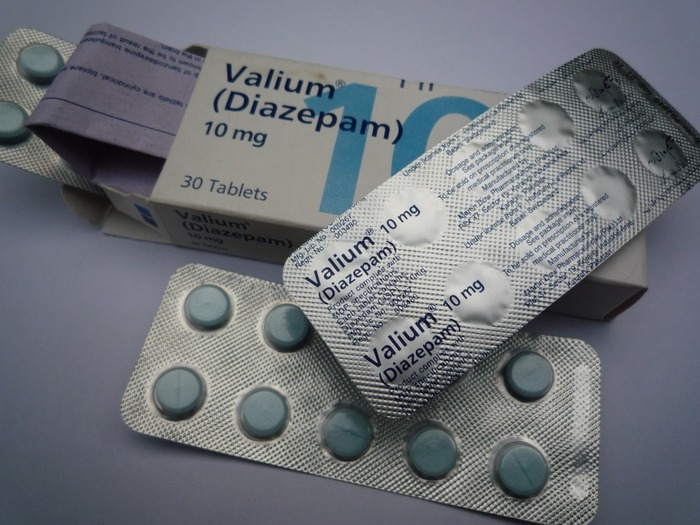A modern person, constantly exposed to stress, tries in every possible way to relieve tension and often uses alcohol to do this. It is known that in small doses, alcoholic drinks can have a kind of sedative effect. But only on condition that they are not abused. Less often, a person can use sleeping pills if sleep problems are noted due to nervousness. And here it is worth knowing that alcohol and sleeping pills are categorically incompatible, if you suddenly decide to drink a sedative and wash it down with an alcoholic drink for greater effect. Such a tandem is a lethal combination that can lead to death.
Important: it is a mistake to believe that there is at least some sleeping pill compatible with alcohol. There are simply no such drugs. And any risk of taking sleeping pills and alcohol at the same time can turn into a terrible disaster.
The principle of action of sleeping pills
Each type of sleeping pill acts exclusively on the central nervous system, inhibiting its action. As a result, a person becomes lethargic, apathetic, receptor functions decrease and, finally, falling asleep occurs. At the same time, in medicated sleep, the rapid phase of sleep is almost completely absent, which leads to the so-called almost narcotic sleep. As a result, a person who has taken sleeping pills most often wakes up with a feeling of weakness, fatigue, and numbness in the lower and upper extremities. The head after such a dream is usually heavy.
Note that ethanol molecules entering the body along with alcohol also affect brain cells and the central nervous system. Needless to say, the combination of both types of sedatives (alcohol and sleeping pills) greatly enhances each other’s effect. The consequences of such a combination will definitely be the most negative. The chance for an alcoholic or just a drunk person to have a positive outcome is very small.
Types of sleeping pills and their principle of action

Today, in Russian pharmacy chains you can find a lot of different drugs to quickly fall asleep. Doctors and pharmacists divide them into groups depending on the active substance:
- Histamine blockers. This group of sleeping pills is the safest from the point of view of a person becoming addicted to them and causing harm to the body (central nervous system). The drugs of this group are most often found in pharmacies under the names “Donormil” and “Sonormil”. In some cases, they are even recommended for pregnant women.
- Benzodiazepines. This group of drugs is already more complex in terms of addiction to them and the manifestation of negative symptoms under the influence of their use. The most common drugs in this group are Relanium, Phenazepam, Diazepam, Phenazepam. With long-term use of such drugs, they can cause a number of negative effects such as decreased mood, drowsiness, apathy, and lethargy.
- Barbiturate drugs. This group of sleeping pills are strong narcotic drugs. Their use is indicated only in a hospital setting and under the supervision of a professional doctor. A drug such as phenobarbital is rarely used in an outpatient setting. Barbiturates are mostly available by prescription and can be used for even the most severe sleep disorders. It is worth knowing that antipsychotic barbiturates are highly addictive.
- Z-drugs. These are new generation drugs. Medicines in this group are not narcotic and are not addictive. Moreover, such sleeping pills can be used for varying degrees of sleep disturbance. Popular drugs in this group are “Zalepon”, “Zolpidem”, “Zopiclone”.
- Melatonin agonists and its receptors. These sleeping pills are the most harmless. They operate on the principles of saturating the body with the hormone melatonin, which is responsible for making a person fall asleep. With regular use of the drug, there is an alignment of sleep biorhythms. Drugs in this group are used for the mildest forms of sleep disorders.
Risks when combining alcohol and sleeping pills
Barbiturates and alcohol

The most terrible combination a person can think of. Drugs in this group, when interacting with alcohol, can make a person disabled for life or even deprive him of it. Thus, the most common phenomenon that can overtake a person during the interaction of alcohol and tranquilizers is positional compression of the limbs. That is, a person who falls asleep under the influence of alcohol and barbiturates does not feel pain in the limbs, which are in a constant position. As a result, blood circulation is disrupted, blood vessels are compressed, which can lead to subsequent gangrene and loss of limbs.
A decrease in the activity of the respiratory center (death from suffocation) can also occur as a result of mixing barbiturates and alcohol. Since alcoholic drinks already reduce respiratory activity, taken tranquilizers aggravate the situation. As a result, a person may simply die in his sleep without waking up. Mixing ingredients such as alcohol and barbiturates to put a person to sleep is extremely risky.
Benzodiazepines and alcohol

In this case, the “cocktail” made will not please the patient. The simplest thing that can happen to a person who takes Phenazepam and alcohol at the same time is severe poisoning. It would be good if the family could somehow wake the person up and take him to the hospital. In the worst case, death from intoxication will occur.
Important: both barbiturates and benzodiazepines are widely used in narcology in the treatment of addicts during periods of severe withdrawal syndrome. But here the treatment takes place strictly under the supervision of a doctor and in combination with drugs that restore the body. At home, alcohol and sleeping pills of these groups are categorically incompatible.
Histamine blockers and alcohol
If you are wondering what will happen in this case, then you should know that when a sleeping pill and alcohol are combined, ethanol molecules reduce the effect of the medicine. As a result, falling asleep does not occur. The patient increases the dose of the drug in order to achieve sleep. As a result, addiction to the drug is noted. And this is the most innocent consequence. In the worst case, an overdose of a sleeping pill causes a strong toxic effect on the body, which can lead to shock.
Melatonin drugs and alcohol
This group of sleeping pills cannot be combined with alcohol due to a decrease in the effect of the drug. That is, alcohol will force the liver to work harder. That, in turn, will simply remove all doses of the hormone taken from the body. The long-awaited fall asleep will not come.
Side effects when combining sleeping pills and alcohol

Absolutely any cocktail of sleeping pills and alcohol threatens the drinker with negative consequences. The most common are:
- Apathy and constant drowsiness, decreased vitality;
- Impaired coordination of movements and inability to control your body;
- Toxic effects on the body and liver;
- Aches and pain in muscles;
- Stopping breathing during sleep;
- Coma.
With the most innocent consequences of such a dangerous combination, a person will experience sleep disturbances and the presence of nightmares, which indicates a mental disorder under the influence of alcohol and antidepressant (sleep) drugs. At the same time, it is extremely difficult to predict possible complications for each individual organism.
Important: if sleep does not come despite drinking alcohol, do not under any circumstances try to take sleeping pills. It’s better to add another dose of alcohol to induce sleep. Ideally, get some fresh air and induce vomiting. After clearing the stomach of ethanol, first chills and then drowsiness occur. You can drink sleeping pills only after the alcohol has completely left the body. And this is a day or two, depending on the amount drunk.
 All about healthy sleep
All about healthy sleep